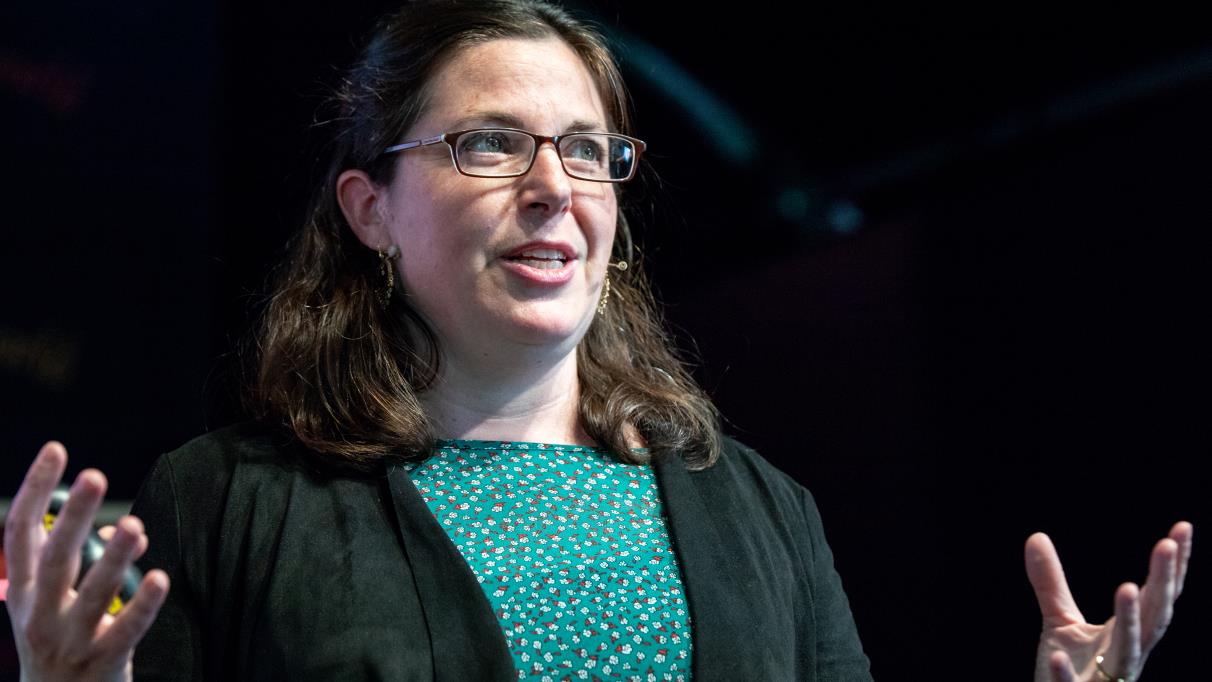
Dacia Viejo-Rose, lecturer in Heritage and Politics of the Past at University of Cambridge, was inspired by her work with UNESCO on the rebuilding of the Mostar Bridge in former Yugoslavia. She spoke of the physical significance of its reconstruction in the aftermath of the Bosnian War, but argued that “Rebuilding the bridge hadn’t magically, automatically rebuilt relationships”; segregation and antagonism between communities remained.
“Heritage is absolutely, 100 percent political,” Viejo-Rose asserted. Using examples from the Spanish Civil War, she explored the nature of heritage and the changing values we project onto it. Her work aims to seek out reparation for the destruction of cultural sites, and the use of heritage as a weapon of war. This was the case in Spain, where the ideological polarisation of the Republicans and Nationalists was translated visually in propaganda – which denounced the enemy as ‘other’ – and in physical acts, such as the restoration of Spanish monuments by Franco after the war, which represented his attempts to re-define Spanish heritage and culture.
The academic navigated the ways in which the “moral harm” caused by the destruction of heritage sites can be remedied. She spoke of the importance of “symbolic measures” – such as memorials, commemoration, and forgiveness ceremonies – rather than focusing on the physicality of heritage sites lost.
If you missed this, you might enjoy event 409, Bridget Kendall: The Cold War, Sunday 3 June at 10am.
Visit Hay Player to relive the world’s great writers on audio and film; https://www.hayfestival.com/hayplayer/default.aspx?.